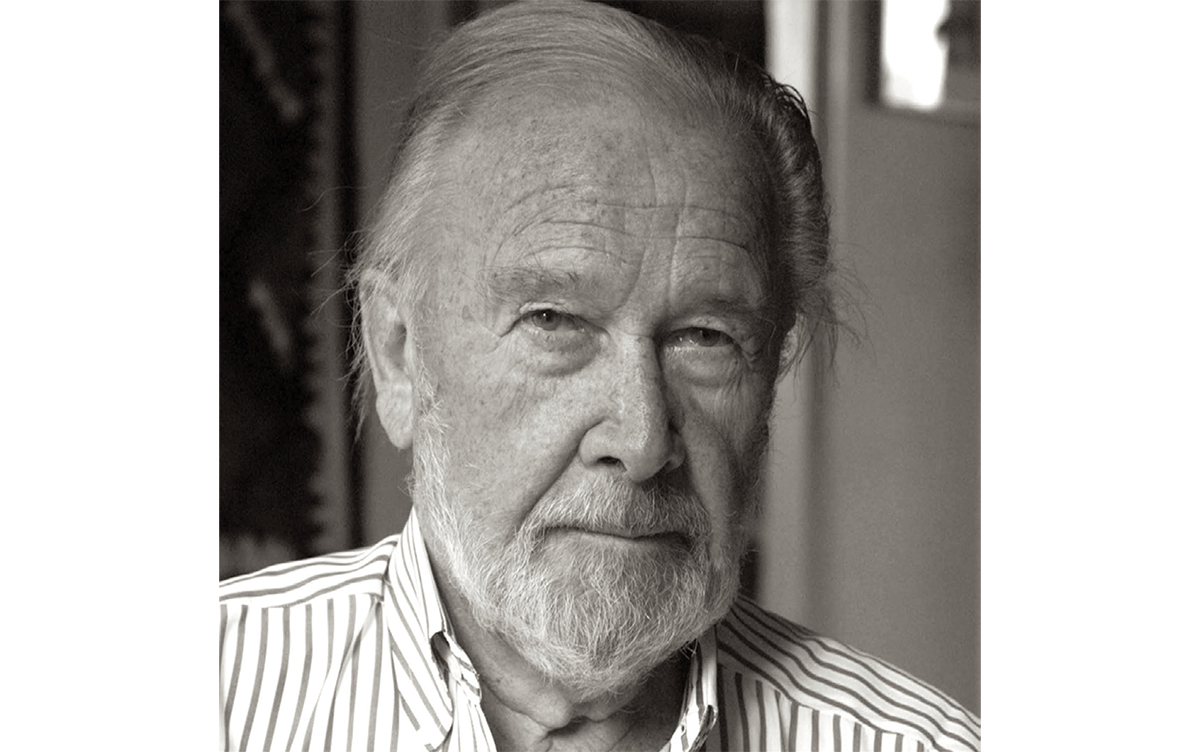I
Prelude
II
Wires twist ...
round cortex and ankle.
Slow image, painful, breathless...
seen from behind, four or five dispersed,
walk forward beneath the living branches ...
Sliding through cropped grass boots and shoes
and then the foreknown about to happen, any moment some unspeakable thing.
III
... ask for nothing, so that the souls might one by one set sail.
IV
Near oblivion
a strange excitement
Visible through a gap in needles of juniper past a sunlit white stone wall ...
V
... a cascade of rough bark tearing your fingertips off
in a collapse of earth ...
a backbone hurting, flayed, the light’s body a human sees with love,
opening a mouth in horror at the moon.
VI
Distance perhaps
is all for the best. Sufficient for the day are piles of ash.
VII
So much blood in the wind ...
Some coherence comes in daily life with effort.
By the conformity of the astronomical universe we are not consoled.
What avails coherence for the woman whose nose they cut off?
We swarm but are not driven like a swarm of rats...
VIII
Visible through a gap in needles of juniper ...
The tress of ivy
clings to the roof
aging faster and more often than the ancient house ...
IX
Worn down by years of feet
The stairs you see
I took a second look ...
Once the room had housed
A family...
X
Now it is difficult.
The graves go down.
Deeper.
The dead are tangled in a heap,
Scooped up and in and left to rot.
Waves of them come up with a stink,
Agony in the gaping rhomboid mouths,
Some with bedroom slippers on their feet.
So many, how to identify them?
How insert into such a moist dissolution
The fizz of feeling what they felt?
How hard the spade treats their pit,
For the antique mass graves were no prettier;
Below bright multitudes there was only earth.
Herded by radio signals, decrepit codes,
And closing now the hoop, above the business,
Killers converge, dull as dirt itself.
XI
On their torches, black and twisting,
You will see the heavens rain
Fires, fruits of many colours,
Of seeds a glittering cascade.
If your heavens wheel and wheel,
The reason is that there you winnow
Treasure upturned on the centre
Point where all is at an end.
Bibliographic Information
Christopher Middleton. Collected Poems. Manchester, UK: Carcanet Press Limited, 2008.
 Christopher Middleton | Photo by Caroline Forbes
Christopher Middleton | Photo by Caroline Forbes
 Fawzi Karim | Photo by Koutiaba Al Janabi
Fawzi Karim | Photo by Koutiaba Al Janabi